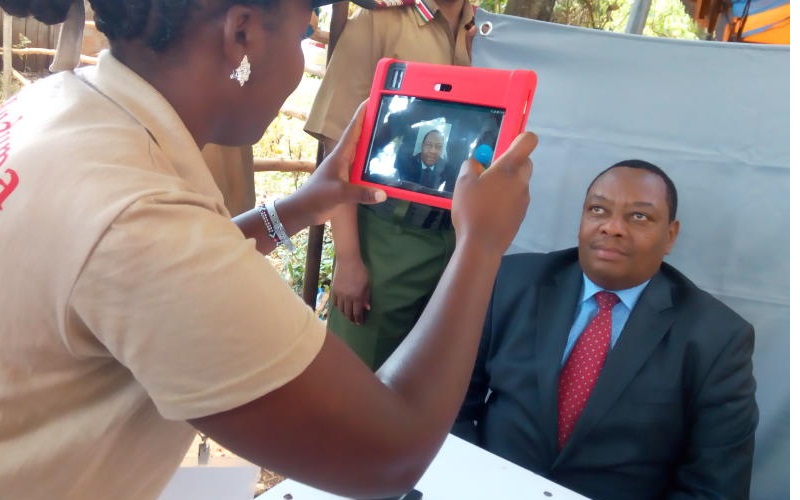×
The Standard e-Paper
Smart Minds Choose Us

The ongoing Sh6 billion biometric registration of Kenyans that began in 15 counties this month risks suspension.
This, after the Senate security committee probing the National Integrated Identity Management System (NIIMS) today, directed the government to suspend the project.







